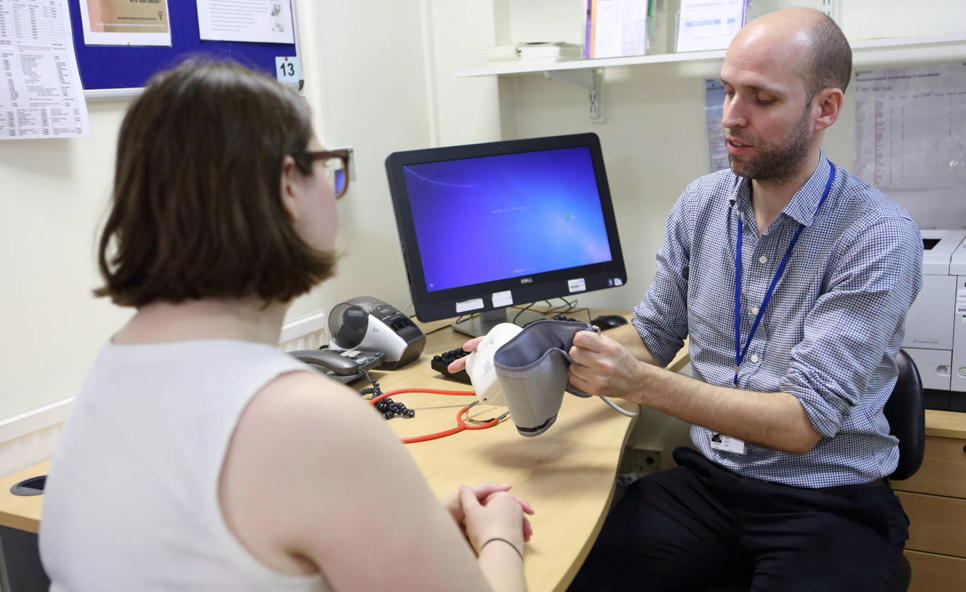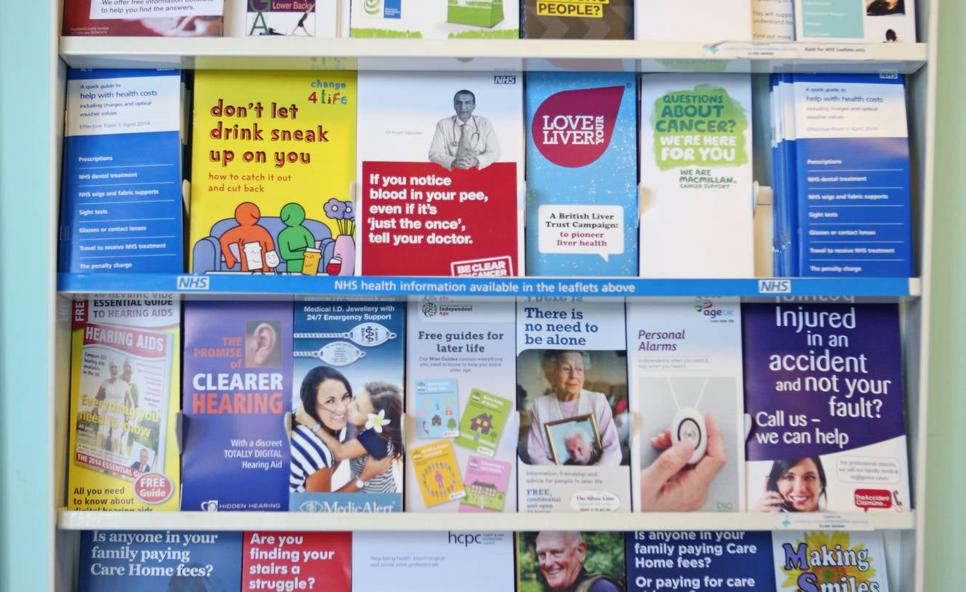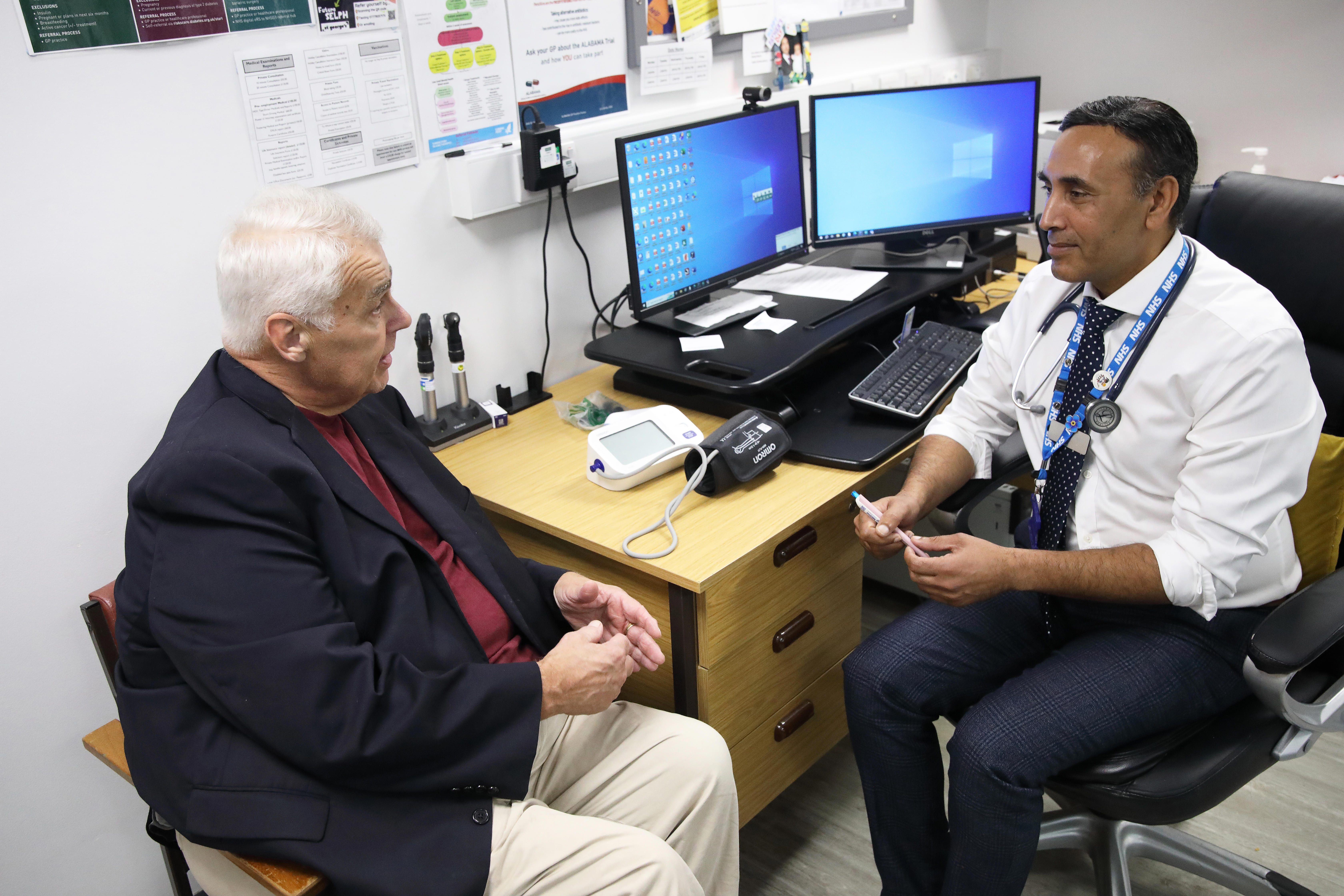Safe working and managing workload in general practice

- Safe working in general practice in England
- Safe working in general practice in Scotland
- Safe working in general practice in Northern Ireland
- Safe workload guidance for GPs in Wales
- Workload and overtime guidance for salaried GPs
- Strategy for controlling workload in general practice
- Care navigation and triage in general practice
- General practice responsibility in responding to private healthcare
GP service provision

- Focus on proformas and referral forms in general practice
- What services GP practices can and cannot charge for
- The firearms licensing process
- Issuing fit notes
- Enhanced services GP practices can seek funding for
- GP access: meeting the reasonable needs of patients
- Choosing an online GP consultation platform
- Identification and management of patients with frailty
- Managing patients with gender dysphoria
- NHS e-Referral Service: a guide for GPs
- Patients presenting with dental problems
- Spirometry in general practice
- NHS primary care medical services in institutions and care homes in the UK
- Providing court reports
- Pharmacotherapy and community treatment and care services in Scotland
- Accelerated access to GP-held patient records 2023
- Exploring innovation in GP Practices
- Reasonable Adjustments Digital Flag (RADF)
- Focus on: Tirzepatide (Mounjaro) for weight management in General Practice

See what we are doing to help improve the working lives of GPs across the UK.
Additional GP guidance and resources

Get specialist HR advice, help with partnership agreements and legal support

Practical guidance on patient registration, list validation, removing patients from your practice list

View our detailed guidance on prescription in general practice
- Prescribing in general practice
- Principles for dispensing doctors and community pharmacists
- Prescribing over-the-counter medicines
- Anticipatory prescribing for end-of-life care
- The falsified medicines directive
- Patient group and patient specific directions
- NHS electronic prescription service
- Prescribing over-the-counter medicines in nurseries and schools
- Prescription direction to certain pharmacies

Read about how general practice funding is calculated and learn more about GMS contracts
- Global sum allocation formula
- GMS contract and PMS agreement differences
- Handing back a GMS/PMS contract
- Minimum practice income guarantee (MPIG) phase out
- Quality and Outcomes Framework (QOF)
- Trading in goodwill
- The sustainability crisis in GP practice in Scotland
- PCSE (Primary Care Support England) Seniority Payments Reconciliation Exercise 2023
- Confirmation of increased 2024/25 contractor pay and staffing expenses funding uplift

View our guidance on vaccine and immunisation program

Learn more about PCNs and how they work

Read about what the CQC do and how to prepare for a CQC inspection

Learn more about training staff, employment rights and annual leave entitlements
- Training resource for GP practice staff
- Employment status
- Joint employment of shared staff in GP practices
- Managing the disciplinary process: guide for GP practices
- Employing clinical pharmacists in GP practices
- Employing registrars on the 2016 junior doctor contract
- Guide to annual leave for salaried GPs
- GPs outside of traditional practice
- Guide to working conditions for salaried GPs and employers

Find out about the accessible information standard, receiving gifts from patients and publishing GP net earnings

Guidance for locums on sick leave, parental leave, pension contributions and NHSmail

Read our practical guidance on taking on new partners and GP partnership agreements

Read our practical guidance on the logistical and legal issues relating to GP premises

Read about dealing with complaints both online and offline

BMA members can enjoy a discounted rate for:
- partnership drafting and variations to existing partnership agreements
- appointment/retirement of partners
- partnership disputes.


